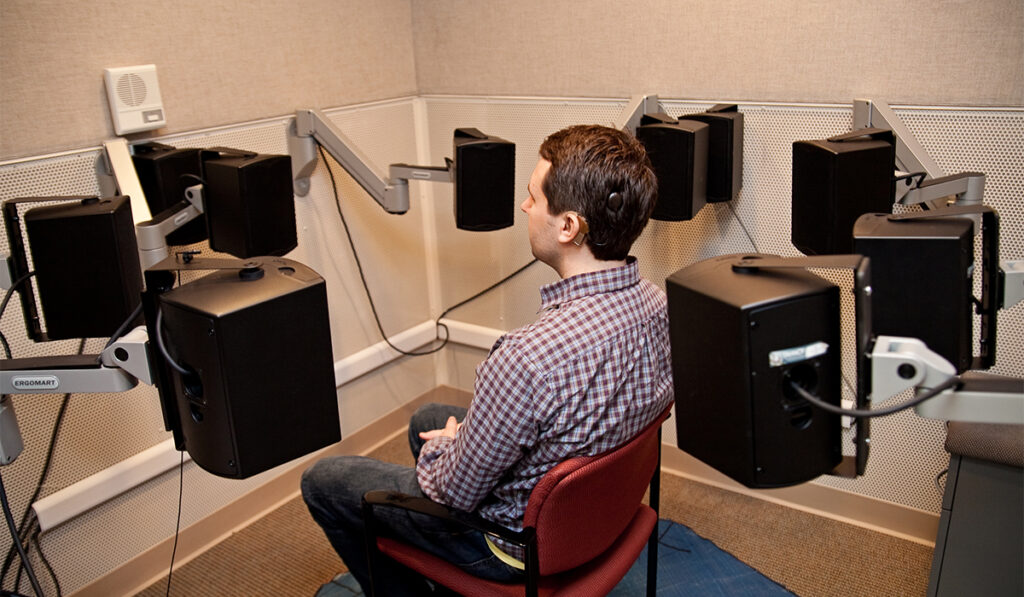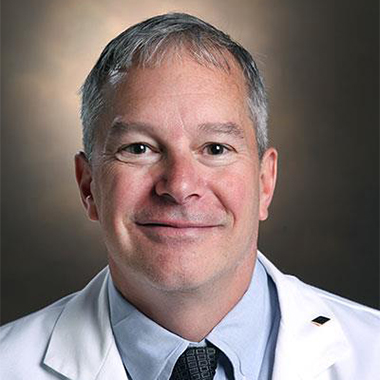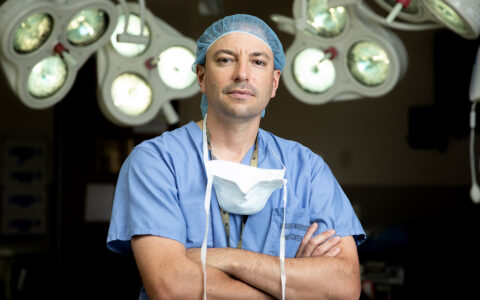In August, JAMA Otolayrngology-Head and Neck Surgery published the first consensus guidelines on adult unilateral cochlear implants. This follows a Delphi consensus panel review of the literature by 30 international specialists in otolaryngology and audiology.
“The 20 consensus statements formalize that if someone has moderate, sloping to profound, sensorineural hearing loss, cochlear implants should be considered the standard of care,” said René Gifford, Ph.D., a consensus steering committee member and director of the Cochlear Implant Program at the Vanderbilt Bill Wilkerson Center.
Gifford says about 50 percent of U.S. children born with severe-to-profound hearing loss have cochlear implants, yet only five percent of adults who meet the criteria have them. For the remaining adults, hearing deficits can impact broad quality of life factors and are associated with cognitive decline.
Gifford is urging a strong follow-up to the guidelines to bring more adults into clinic for evaluation. “Cochlear implants have been available for over 35 years, yet if you walked down the street and asked people what they were, most would not know,” she said. “We have a public education gap, and a stigma, to fight.”
Barriers to Cochlear Implants
David Haynes, M.D., chief of the Neurotology Division at Vanderbilt University Medical Center, also served on the consensus steering committee. “It is hard to believe that we have hearing technology that only requires a one-hour outpatient procedure and allows a severely hearing-impaired person to hear, yet a very small percent of those in need actually have it,” he said. “At Vanderbilt we have worked to break down these barriers through new offerings such as same-day services.”
For adults, there are a few potential deterrents to obtaining cochlear implants. One is the very low surgical risk of damage to the facial nerve. Another is concern about the sound quality of the electromagnetic cochlear devices. Regarding the latter, the technology has progressed toward more channels for more natural hearing and greater convenience for wearers, Haynes notes.
While adults may not adapt as quickly to cochlear implants compared to children, this should not be a barrier, Gifford says. “The neuroplasticity that’s associated with this technology is inherent in children, but adults can adjust. After a few weeks or months, most say the sound seems normal again.”
Answering the Consensus Call
Many consensus committees form to resolve controversy, but Gifford says this group’s 20 statements consolidate a shared opinion that cochlear implants can significantly improve quality of life – with a low downside. The sixth statement, for example, highlights the association between hearing loss and depression, cognition and dementia. This is based in part on recent studies showing hearing is a leading factor correlated with incident dementia.
“Knowing that hearing loss is the single most modifiable risk factor in dementia is a huge reason to elevate hearing health as a priority in medical practice,” Gifford said.
“Hearing loss is the single most modifiable risk factor in dementia.”
She and Haynes have been “pounding the pavement” to promote greater awareness of the new guidelines – volunteering for geriatric grand rounds, reaching out to residency programs and issuing Twitter invitations to recorded webinars.
“We need to engage in more cross-disciplinary dialogue,” she said. “It also comes down to primary care providers asking, ‘How’s your hearing? Do you rely on closed captioning when you watch television? Are you able to talk on the phone, without visual clues?’ This is not typically part of routine exams.”






